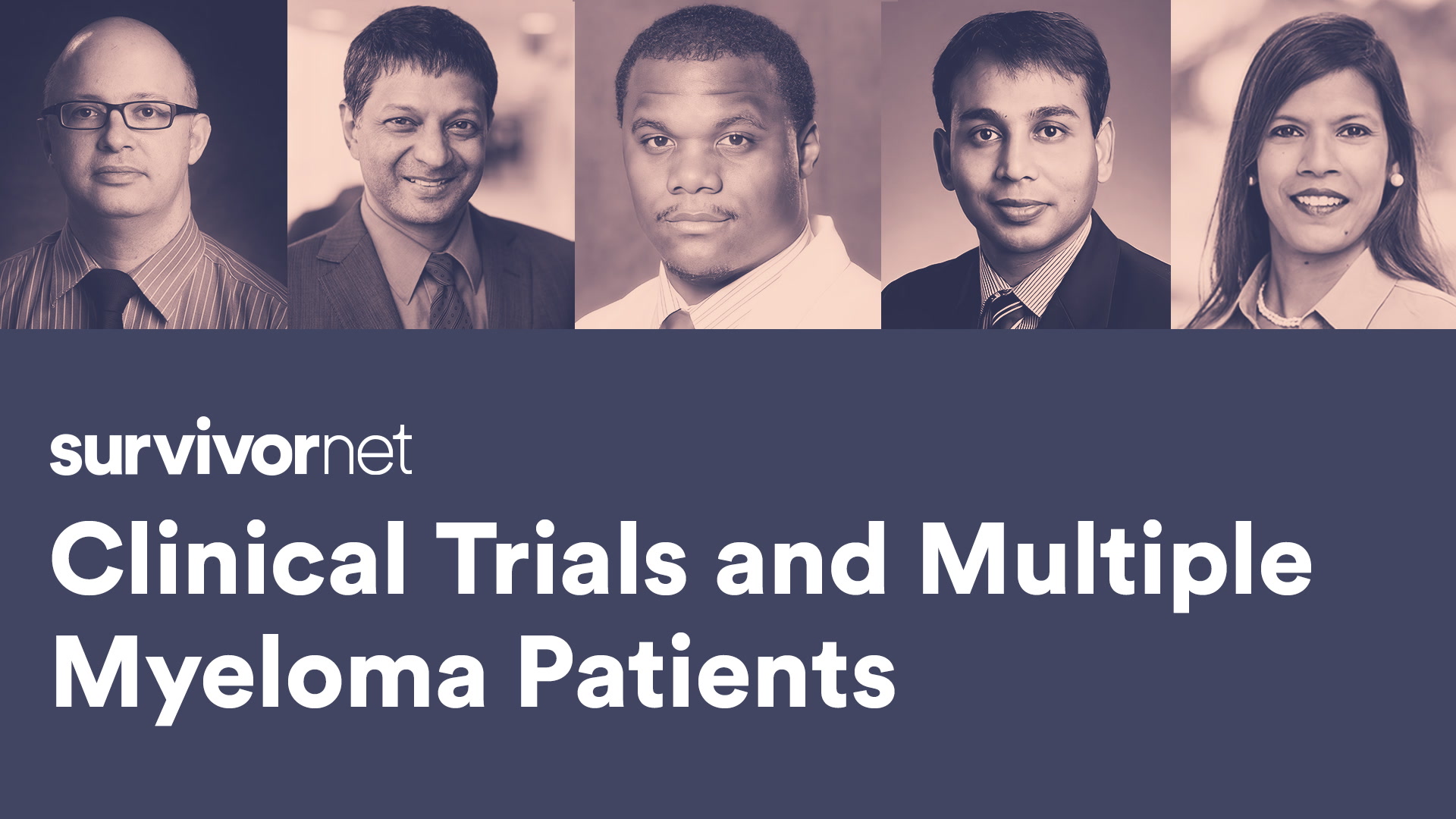As a healthcare professional, while working with communities of color, one must consider the added barriers to adequate healthcare these patients are facing. Trust must be earned, and with a long history of medical experimentation on Black and brown bodies, building trust is a constant work in progress.
“There is a level of distrust within our communities because there are certain historical events that have occurred, such as the Tuskegee experiments where ethical bounds were crossed…so we’re trying to overcome some distrust that’s there historically and build credibility in those communities, and it takes time,” Julius Pryor III, the Global Head of Diversity and Health Equity at BeiGene, explained to SurvivorNet.
Pryor was a panelist at SurvivorNet’s 2024 “Close the Gap” conference, an annual virtual event that aims to address racial disparities in cancer care and generate solutions.
Establishing Trust
A strategy employed by BeiGene, a drug developer, is to be intentional about diversifying its clinical trials and bringing those efforts in-house to have greater control over its process. Pryor adds that partnering with people and institutions such as historically Black colleges and universities (HBCUs) who already have longstanding credibility within communities of color helps ongoing efforts to build trust in healthcare.
Addressing the trust gap isn’t the only barrier healthcare professionals must overcome to improve outcomes for patients of diverse backgrounds; mental health, language barriers, and health literacy are other areas needing attention.
“Cancer is a stressor,” licensed psychologist Dr. Olufunke Awosogba told SurvivorNet during the 2024 “Close the Gap” event.
“When there’s something new, unknown, and unfamiliar, it can warp you into a space you don’t recognize yourself. You’re really falling quickly and spiraling into all of these symptoms, which are depression and anxiety disorders. It’s important to catch people as early as possible and normalize what they’re going through,” Dr. Awosogba said.
From a provider standpoint, in addition to working to establish trust, this may mean providing patients with additional resources to address stress and anxiety.





